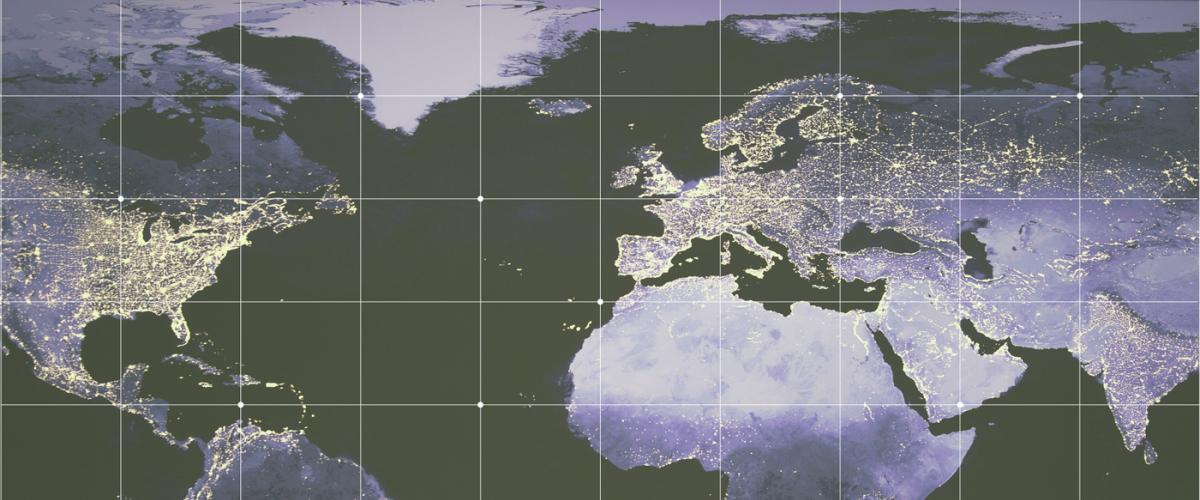The Brocher Declaration: A Guide for Ethical Global Health Engagement
At a side event coinciding with the Consortium of Universities for Global Health’s annual conference in 2017, Shailey Prasad, director for the Center for Global Health and Social Responsibility opened his talk with the statement, “I hate short-term medical missions.” Attendees were taken aback. The event was organized to look at effective ways of doing short-term medical missions and Prasad was reflecting on the negative effects he had seen from short-term missions.
It is estimated that $3.7 billion dollars is spent each year in the U.S. to participate in short-term health care related activities abroad, yet there are no widely-accepted protocols overseeing the conduct and impact of these medical missions.
Such activities are often organized by educational institutions, non-governmental organizations, religious groups, and health care providers typically from high-income countries and popular among high school and college students, health professionals, corporate leaders, faith-based groups, and more. Many of these short-term health care related activities operate without appropriate licenses, undermine local health systems, are predicated upon a colonial mindset, are unsustainable, and may cause harm to patients.
Prasad’s friend and organizer of the side event at the conference, Judith Lasker, a sociologist, retired professor emerita at Lehigh University wrote a book entitled, “Hoping to Help: The Promises and Pitfalls of Global Health Volunteering,” which formed the central question underscoring the event: Is hoping to help enough?
Fortunately, the conference set the foundation for ongoing discussion around ethical global health engagement. Prasad, along with Lasker, Myron Aldrink, chairman of the Medical and Surgical Skill Institute in Ghana, and Bruce Compton, senior director of global health for the Catholic Health Association of the United States, formed the core group for the Advocacy for Global Health Partnerships (AGHP). AGHP is a multi-sectoral coalition established to reflect on and address the concerns relating to short-term experiences in global health.
AGHP was awarded a grant from the Brocher Foundation in Geneva, Switzerland, to hold a meeting of global health leaders which will take place in May 2022. And over the past two years, the group has convened a series of consultations to identify challenges in global health and develop regulatory frameworks.
The Brocher Declaration: A Guide for Ethical Global Health Engagement
The AGHP created the Brocher Declaration, six main principles to guide ethical, sustainable, and practical engagements in global health.
The Brocher Declaration is intended for organizations and aims to reduce harm, protect patients, prioritize host communities, reduce inequities, and address power imbalances. Rather than coming from a mindset of helping and giving, the Brocher Declaration shifts the paradigm of short-term experiences in global health to that of learning and sharing. Relationships between host countries and visitors should be mutually beneficial, with local voices and expertise of host country professionals driving the agenda for health care work.
“The current state of the world’s health demands a new model of collaboration—one that sparks deep discussions of shared innovation and builds ethical partnerships to address pressing issues in global health,” said Prasad.
The Brocher Declaration has been broadly disseminated via webinars, conferences, cited by many as a tool to re-evaluate practices, and has now been endorsed by over 50 organizations from around the world across multiple sectors. An article that describes the Brocher declaration, with Prasad as the lead author, will be published in the Annals of Global Health shortly.
Global Health 3.0: Developing the Next generation of Global Health Practitioners
The Center for Global Health and Social Responsibility (CGHSR) sits in a unique place at the University. As a collaborator with health sciences schools and beyond, CGHSR aims to bring forth the ethos of appropriate engagement in global health.
CGHSR’s partnership with the Medical and Surgical Skills Institute (MSSI) in Ghana to facilitate global capacity building activities is a prime example of the principles of the Brocher Declaration. The partnership is based on equality in the conversation, with MSSI articulating what their needs are, and CGHSR providing assistance.
Global health engagement during the pandemic has offered the opportunity for a reset and new ways of working together. CGHSR has released the 2022 RFP for Global Health Seed Grants to fund new interdisciplinary research collaborations to advance global health research—ethical engagement is vital in global health research and often plays out in authorship of research findings, which CGHSR provides guidance on.
CGHSR also plans to offer a global health ethics course in the fall of 2023, with a week-long debut at the 2022 Public Health Institute.
“Reevaluating practices around global health is not about disengagement,” says Prasad, “but about appropriate engagement. Asking ourselves why are we doing this?”
Instead of being project driven, emphasis in global health efforts should be placed on building meaningful and long-term relationships.
“Global health 3.0 is learning from and with each other. That’s what the Minnesota model is and should be—respectful engagement in the spirit of learning from one another,” said Prasad.
